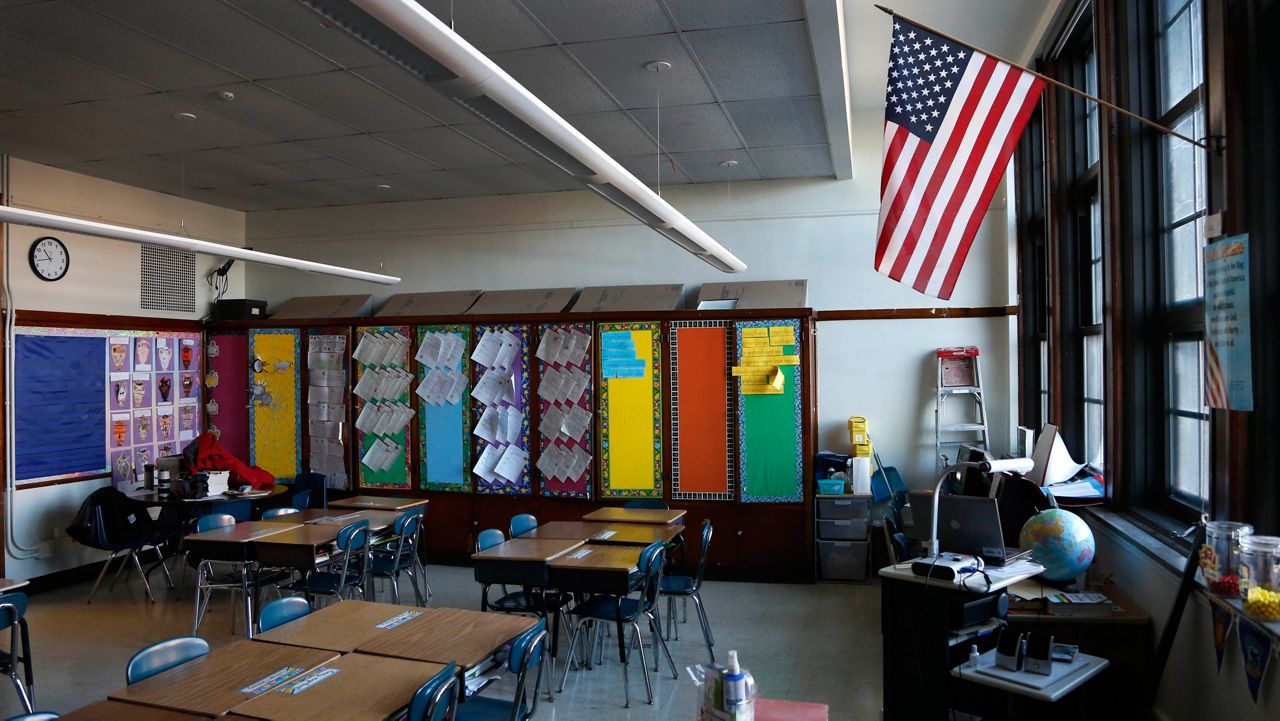TALLAHASSEE, Fla. — As Gov. Ron DeSantis looks to the legislature to pass his $600 million proposal to raise Florida's minimum teacher pay rate by $10,000, Senate President Bill Galvano is signaling his openness to the concept — with a catch.
- RELATED STORIES:
Here are five things you should know about the proposal:
1. What are the proposal's prospects?
While DeSantis is broadly popular with the legislature's Republican leadership, his teacher pay raise proposal is encountering pushback from House Speaker Jose Oliva (R-Miami), who has suggested its price tag is untenable given a tightening fiscal environment.
The state teacher union is also taking issue with the plan, because it doesn't include a base pay increase for teachers who make more than $48,500 per year, which would be the new minimum pay if the plan were to pass.
2. What is the Senate president proposing?
Galvano, a Bradenton Republican, told Capitol reporters this month that the governor's call to raise teacher pay has merit. However, he also argued that setting pay "is a local issue" and that local school boards should have some flexibility in determining how any additional dollars for teacher salaries should be spent.
In areas with higher costs of living, for example, Galvano suggested that raising veteran teacher pay ought to be considered.
3. Why does Galvano's proposal matter?
With Oliva and the union both posing formidable headwinds for the governor's plan, Galvano could be poised to become a kingmaker if he can convince the parties to adopt his local-centric pay raise proposal. Doing so would allow the governor to claim victory on raising teacher pay, albeit not in the form he had originally proposed.
4. What would it mean for minimum teacher pay?
That's uncertain, given the variables that could be introduced if local school boards are allowed discretion in spending state money allocated for pay raises. Across-the-board pay raises could ultimately mean a more modest increase in minimum teacher pay than DeSantis has proposed.
5. What happens next?
The Senate's Republican leaders are already working to put together the chamber's 2020-21 education funding package. The 2020 legislative session begins January 14.







